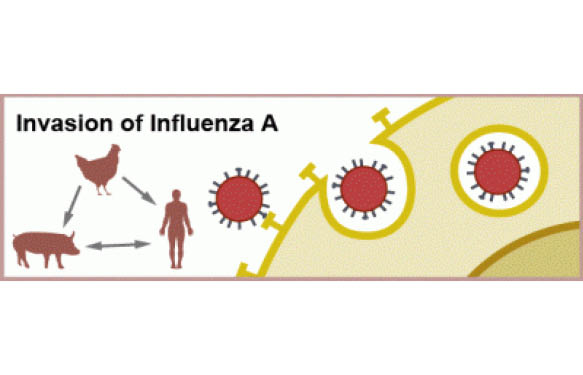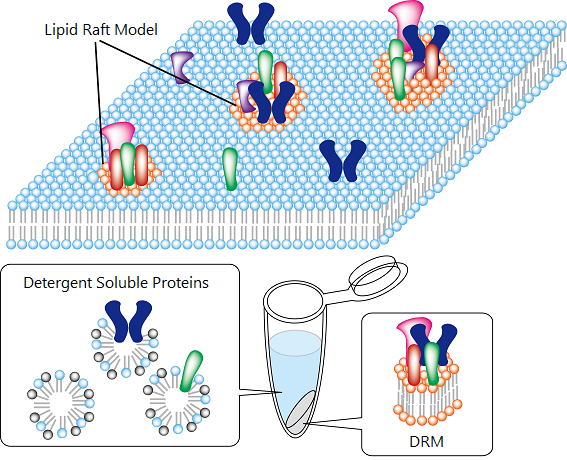Over the past decades, and thanks to many specialised scientists and the support from the National Cancer Institute, cancer research has made some impressive advances.
Our body is amazing; it can recognise threats and infections and to produce defensive cells and proteins in order to fight dangerous intruders. This is what we call the immune response.
Throughout our life, our body creates the tools we need to combat viruses and aberrantly proliferative cells. Cancer Immunotherapy is a field of science which stimulates the immune system to treat cancer cells. It is meant to develop our body’s natural ability to fight diseases.
A recent study led by scientists from the Johns Hopkins Kimmel Cancer Center Bloomberg-Kimmel Institute for Cancer Immunotherapy, has shown some exciting results for the scientific community. This study focuses on a very specific type of therapy which is already considered as extremely efficient: cell therapies.
Promising results
For years now, cancer fighting has been one of the top priorities for Public Health. It has led to many clinical trials.
Lately, cancer immunotherapies have shown some very promising results regarding the destruction of cancer cells, but only on a small fraction of patients.
To solve this problem, a recent study has been conducted to try to understand why a few patients’ immune system has a positive response, while the others don’t respond at all.
Cancer cells usually release some proteins on their surface which make our immune cells able to notice that there is something wrong with them and that they should eliminate them.
Some cancer cells can disguise themselves as healthy ones. That way, our defensive tools (T cells) don’t recognise them as a potential danger and don’t attack them.
T cells have proteins on them that turn on an immune response and other proteins that turn it off. These are called checkpoint proteins.
Some checkpoint proteins help tell T cells to become active, for example when an infection is present. But if T cells are active for too long, or react to things they shouldn’t, they can start to destroy healthy cells and tissues. So other checkpoints help tell T cells to switch off.
Some cancer cells make high levels of proteins. These can switch off T cells when they should really be attacking the cancer cells. So, the cancer cells are pushing a stop button on the immune system. And the T cells can no longer recognise and kill cancer cells.
Drugs that block checkpoint proteins are called checkpoint inhibitors. They stop the proteins on the cancer cells from pushing the stop button. This turns the immune system back on and the T cells can find and attack the cancer cells.
Even if this method has proven to be very successful in treating cancer, checkpoint inhibitors also reveal to be efficient on an extremely low portion of the population.
To understand why some people’s immune systems responded and others did not, a team from the Johns Hopkins Bloomberg-Kimmel Institute of Immunotherapy conducted a new study based on the results of a previous one.
9 out of the 20 cases had presented a positive response to checkpoint inhibitors, observing a substantial reduction of their original tumours; while the 11 other participants had no immune response at all.
Reprogramming cells to eradicate cancer.
A cell is defined by its genes. Two different cells will have two different genetic codes; they give the cells their functions.
A regular cell will not have the same set of genes as a T cell. These genes could be represented as a “program” the cells run on. Let’s take an example, when people want to record a video on their laptop or want to type a text, they won’t use the same program, since the two of them have different functions. This could be a way to represent how cells work.
The next step for the team of scientists was to isolate CD8 T cells, identify the specific ones able to recognize the malicious proteins coming from cancer cells and see which genes (or “program”) define these cells.
Thanks to the use of MANAFEST (which is short for Mutation Associated NeoAntigen Functional Expansion of Specific T-cells) technology, researchers have discovered that both responders and non-responders almost have the same number of CD8 T cells. What differs are the programs the cells run on. Responder CD8 T-cells appear to be more ready to fight cancer when being exposed to it because they produce less inhibitor proteins. Responder T-cells’ genes also show that they are not as quickly exhausted as non-responder cells.
For one patient, the response to checkpoint inhibitors was complete. In that particular case, the tumour had entirely disappeared and after extensive research, CD8 T cells have been fully reprogrammed to act as real cancer killers.
On the other hand, non-responder CD8 T cells were dull, and it appeared that they even produced a very important number of proteins meant to significantly slow down their actions.
That being said, the study revealed that non-responsive T-cells also appeared to be recognising the cancer cells, but that they were not completely activated. With this comparison between Responsive and Non-responsive T-cells, researchers hope to be able to develop a drug that could reprogram CD8 T cells, making them act more like responders, and create new cancer killers.
Recognition of cells to attack
For both responders and non-responders, scientists observed significant differences when comparing the effects of the two CD8 T cells programs.
Indeed, variations were observed in the activation state of the cells and in their reactions towards molecules supposed to boost the patients’ immune system. However, scientists also observed that non-responders’ T cells did recognize the tumour, they were just not attacking the cancerous cells.
Based on all these observations, Kellie N. Smith, Ph.D. and leader of the study declared that reprogramming these specific T cells “could facilitate disease-free survival for more people with cancer” and that there was a good hope for developing cancer treatments for non-responding patients.
T cell engineering is a seriously considered way to treat various cancer types. To make it simple, the goal would be to modify the program or the genetic structure of T cells to allow them to combat cancer.
Another way to make it work would be to create adoptive cells: while interacting with tumours, effective T cells are isolated and extracted from the patient’s tissues, scientists then have time to reprogram them ex-vivo to make them more efficient. When they are ready, they are reinserted in the patient’s body, to allow a durable antitumor response.
Some scientists also worked on stem cells and declared that in the future, it might be possible to create defensive cells from induced pluripotent stem cells. These can replace any cell the body needs, including T cells.
Using cellular reprogramming techniques on them could help the body to potentially produce an unlimited number of T cells to fight cancer indefinitely.
These observations and discoveries are real game changers for Cancer Immunotherapy. Nevertheless, let’s keep in mind that clinical trials are still running, and we don’t have any information from potential side effects yet.



